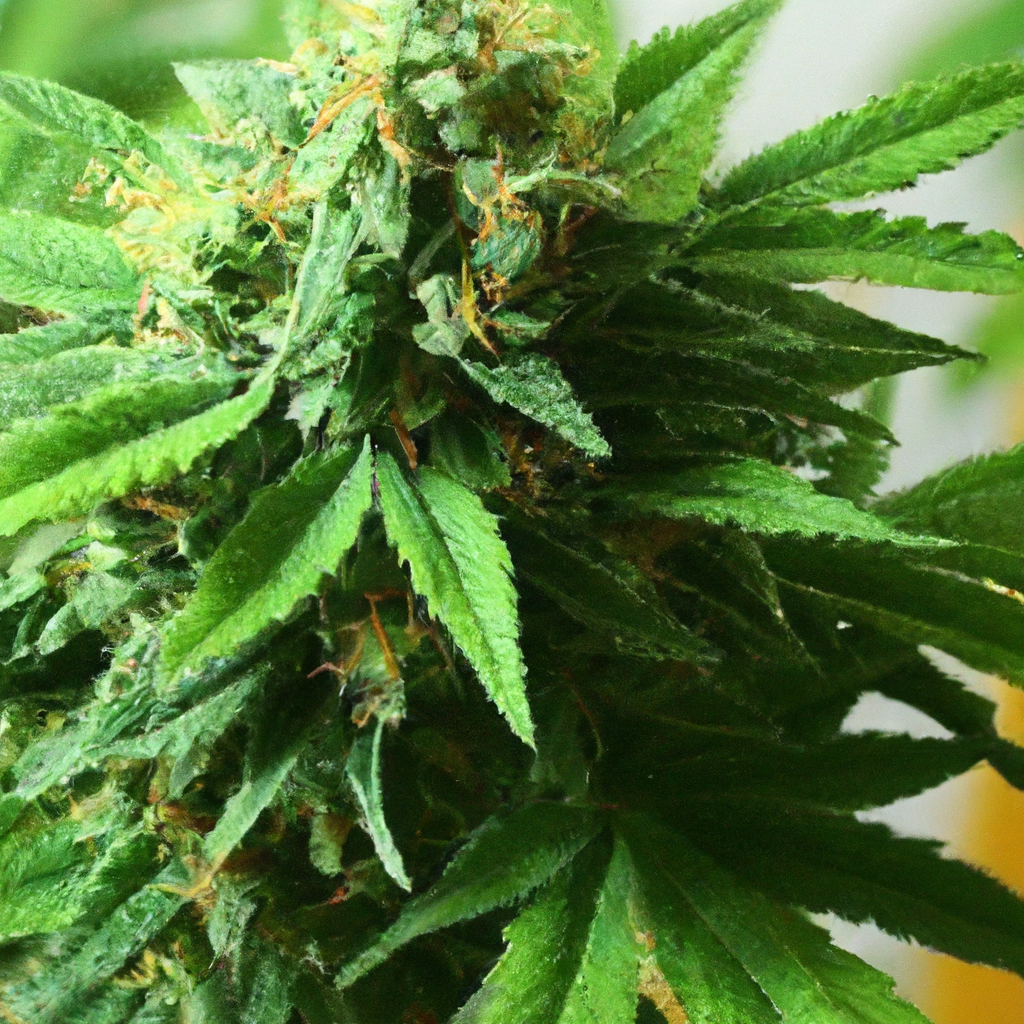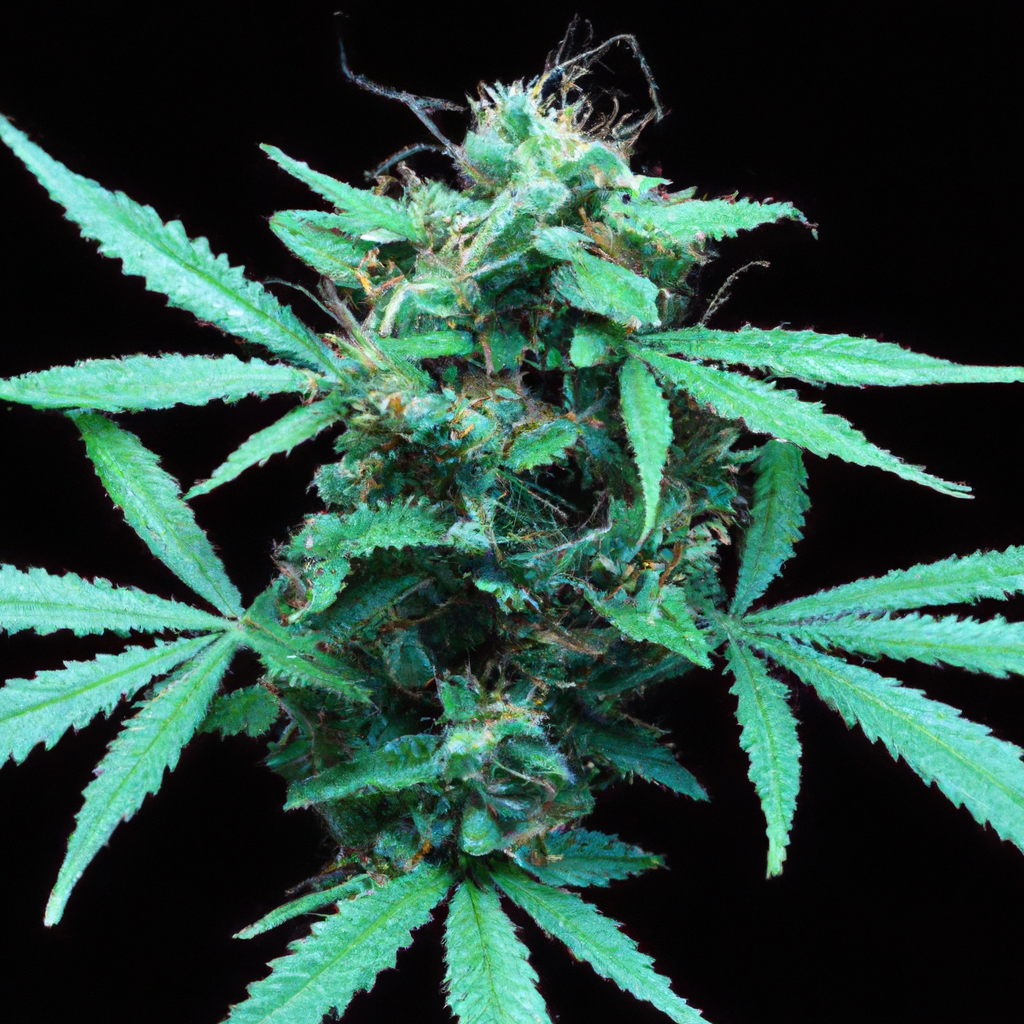Your cart is currently empty!
Tag: cannabis-science

In recent years, cannabis is being explored for its health benefits beyond recreational use, particularly in gut health. The gut plays a crucial role in digestion and immune function. Cannabis interacts with the gut through the endocannabinoid system, potentially reducing inflammation, balancing the gut microbiome, and relieving gastrointestinal discomfort. Case studies, such as those involving…

The entourage effect describes the synergistic interaction of cannabis compounds such as cannabinoids, terpenes, and flavonoids, enhancing therapeutic efficacy and creating a holistic approach to medical cannabis treatments. Unlike isolated compounds like THC and CBD, whole-plant extracts capitalize on this interaction to produce more significant therapeutic benefits and modulate psychoactivity. Scientific research supports the entourage…

Understanding terroir in cannabis cultivation is transforming the industry by highlighting how environmental factors such as soil, climate, and biodiversity impact plant growth and quality. By aligning cultivation methods with these natural elements, growers can enhance yield, optimize plant health, and create distinctive flavor profiles and effects. This approach not only improves sustainability but also…

Autoflowering cannabis strains, crossbreeds of Cannabis sativa or indica with Cannabis ruderalis, flower based on age, not light cycles, making them popular among modern cultivators. These strains offer benefits such as quick harvests, compact size for indoor growing, and resilience to cold and pests, catering to both beginners and experienced growers. Despite their advantages, challenges…

As research into cannabis advances, its interaction with neuroplasticity—the brain’s ability to form new neural connections—emerges as a significant area of interest. Cannabis may influence neuroplasticity by affecting neurotransmitter release, with potential therapeutic applications for neurodegenerative diseases, mood disorders, and cognitive enhancements. However, challenges such as variability in strains and legal barriers must be addressed…
The intersection of cannabis use and cardiovascular health is gaining attention, especially with increasing legalization. This article delves into current scientific research on cannabis’s varied effects on heart rate, blood pressure, and overall cardiac function. While THC may elevate heart rate, CBD might reduce inflammation. Understanding potential risks for individuals with pre-existing heart conditions is…
Cannabis has become a focus of scientific research for its potential neurological protection benefits, such as reducing oxidative stress and promoting neurogenesis. This blog post explores how cannabinoids like THC and CBD interact with the brain, offering antioxidant and anti-inflammatory effects, and promoting the growth of new neurons. Notably, CBD shows promise in regulating neurotransmitter…

Cannabis, known for its cannabinoids like THC and CBD, also contains flavonoids, a lesser-known but crucial component. This article explores cannabis flavonoids, revealing their antioxidant and anti-inflammatory properties, and potential benefits in managing pain, reducing cholesterol, and enhancing heart health. Flavonoids also contribute to the plant’s aroma and color, enhancing the sensory experience and the…
Cannabis bioavailability is key to optimizing therapeutic effects, as it determines how effectively cannabinoids like THC and CBD are absorbed into the bloodstream. Different consumption methods, such as inhalation, oral ingestion, and topical application, significantly impact bioavailability levels. Factors like individual metabolism and product formulation, such as nano-emulsified products, also play a role. To enhance…

The blog post delves into the growing body of research uncovering cannabis’s antioxidant benefits, highlighting its potential as a key player in health maintenance. Cannabis boasts a diverse array of compounds including cannabinoids, flavonoids, and terpenes, all of which contribute to its antioxidant properties. These compounds help neutralize harmful free radicals, thereby supporting cellular health…
